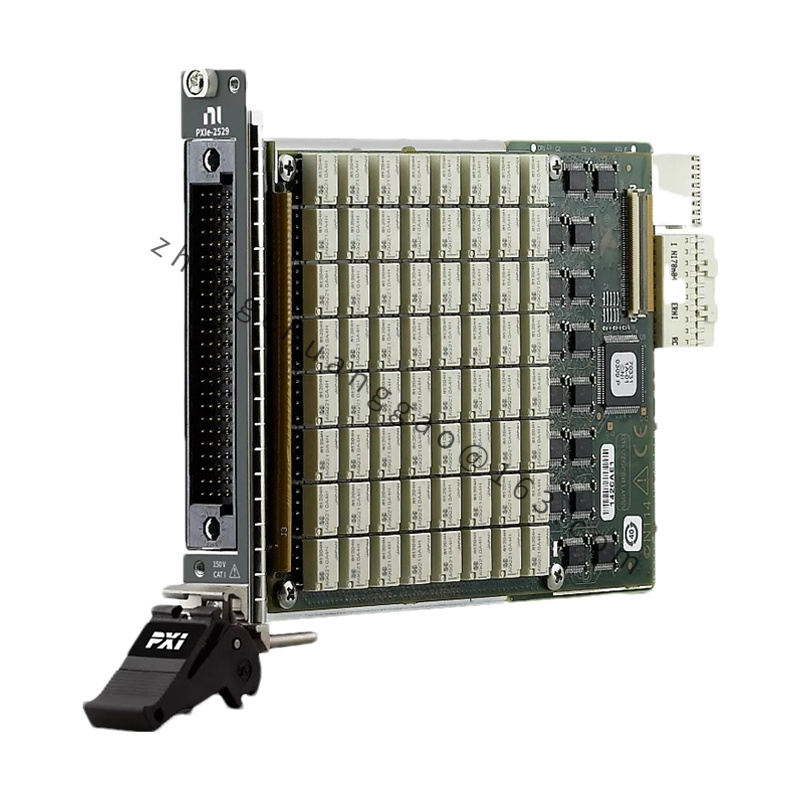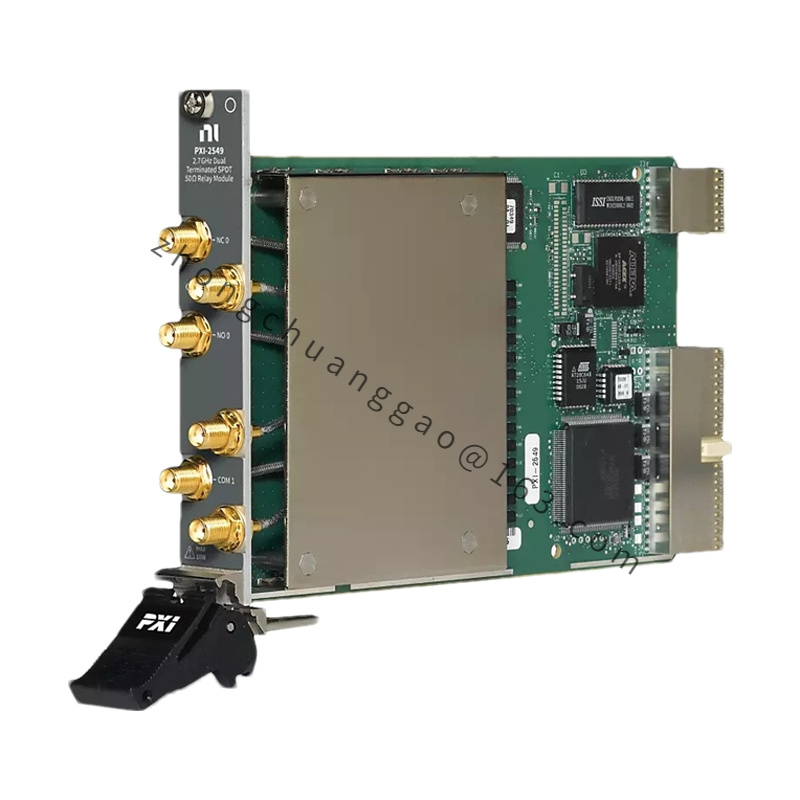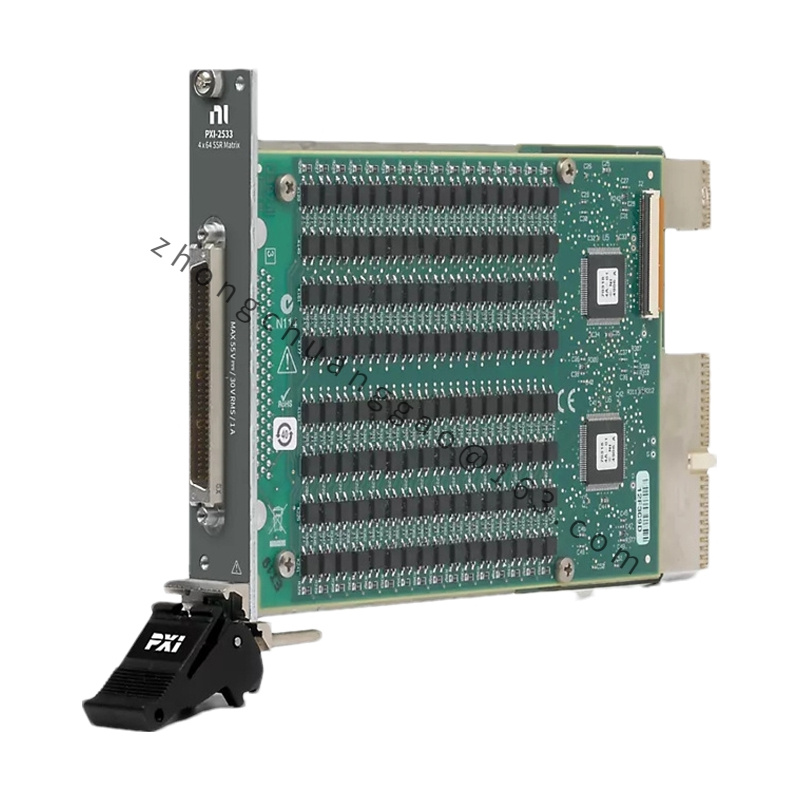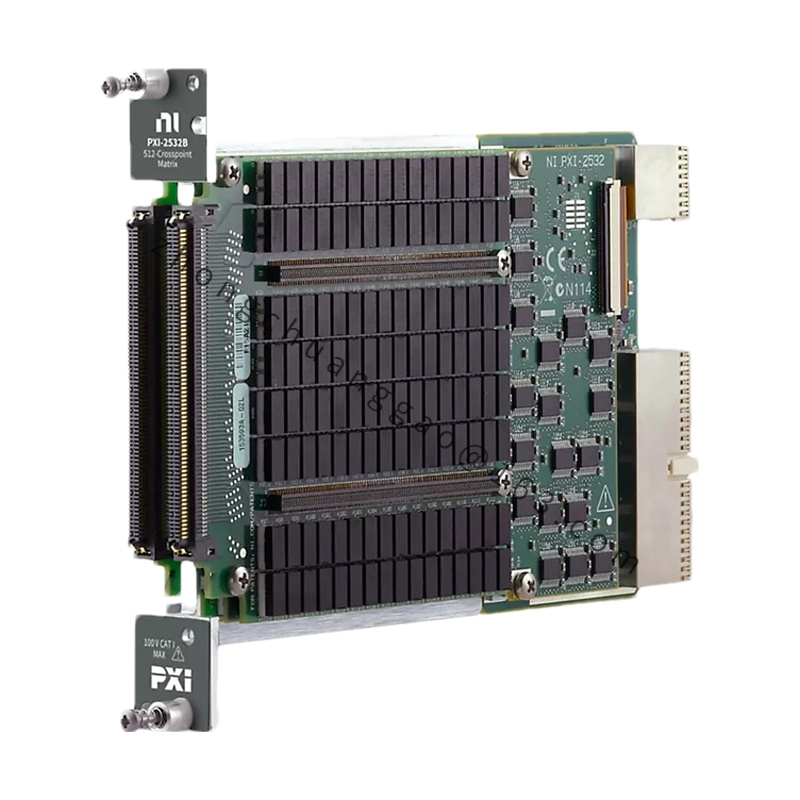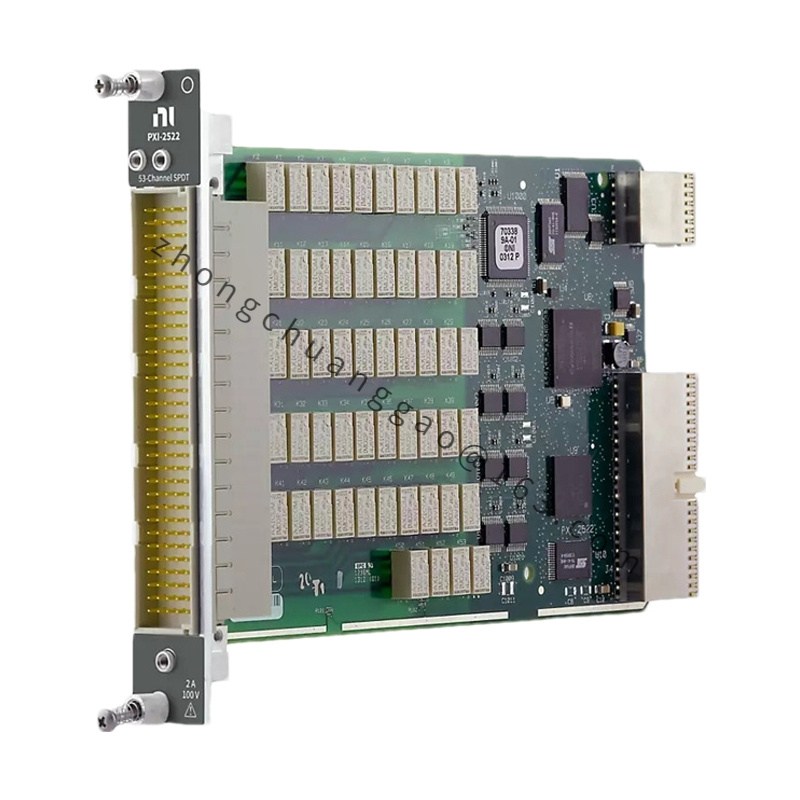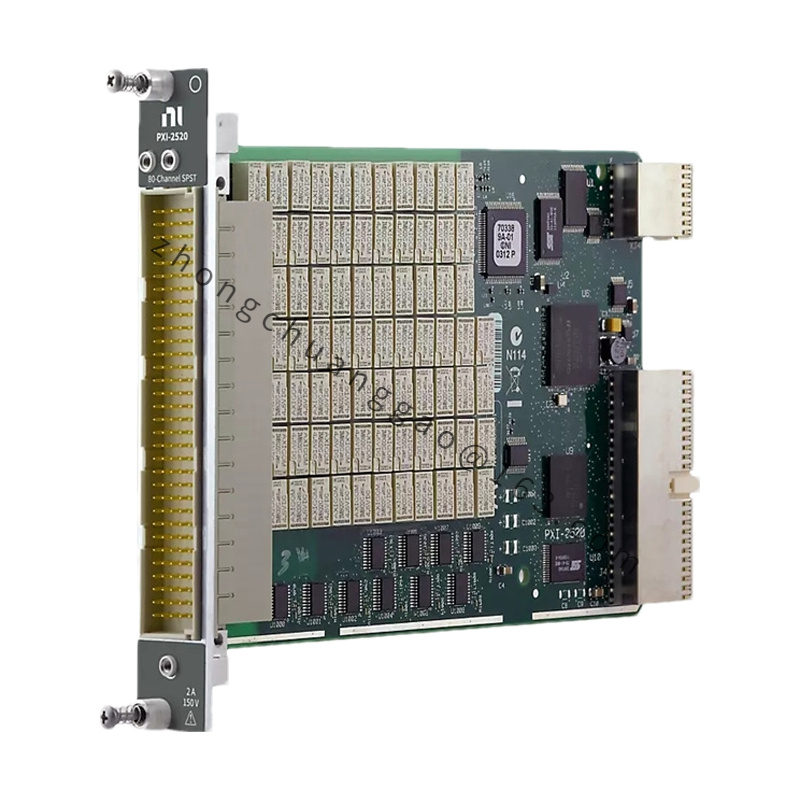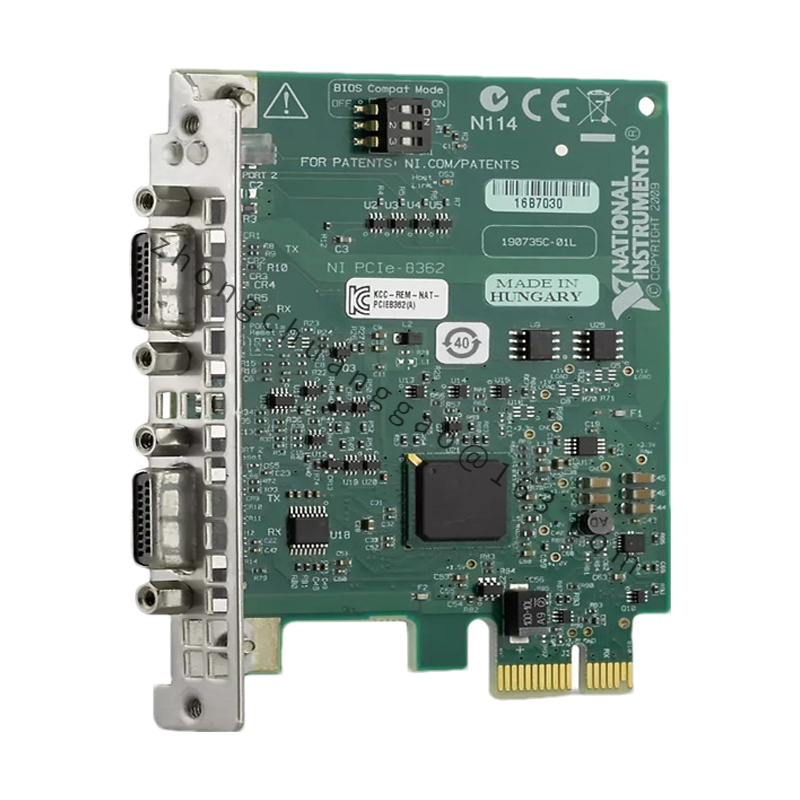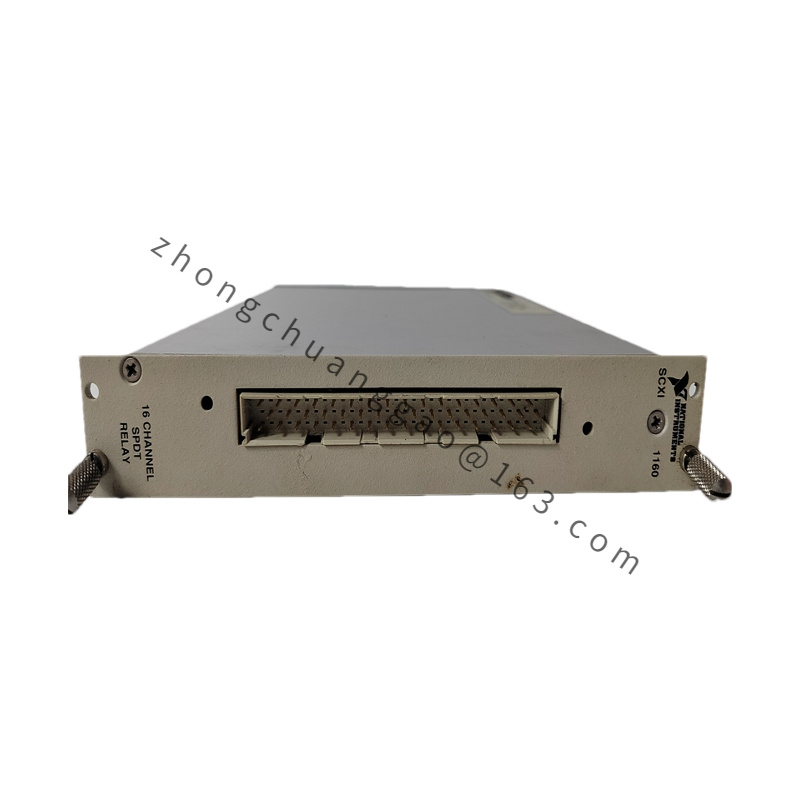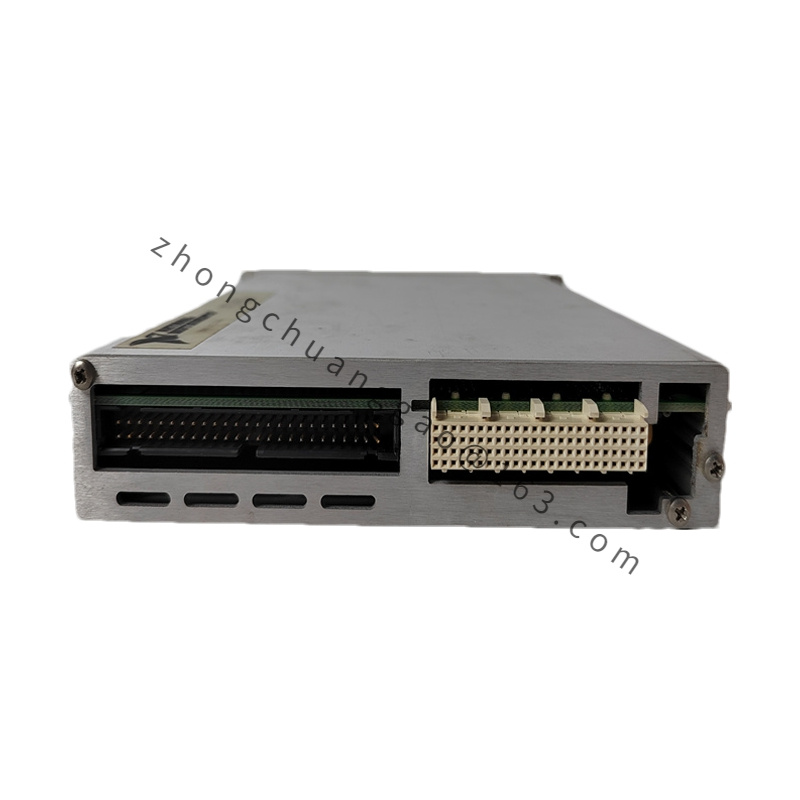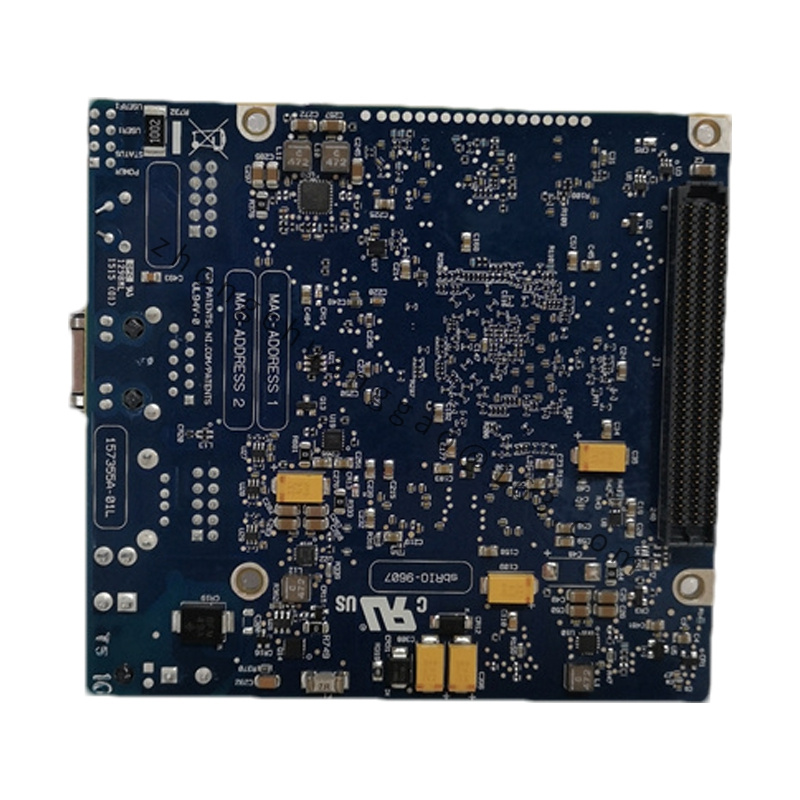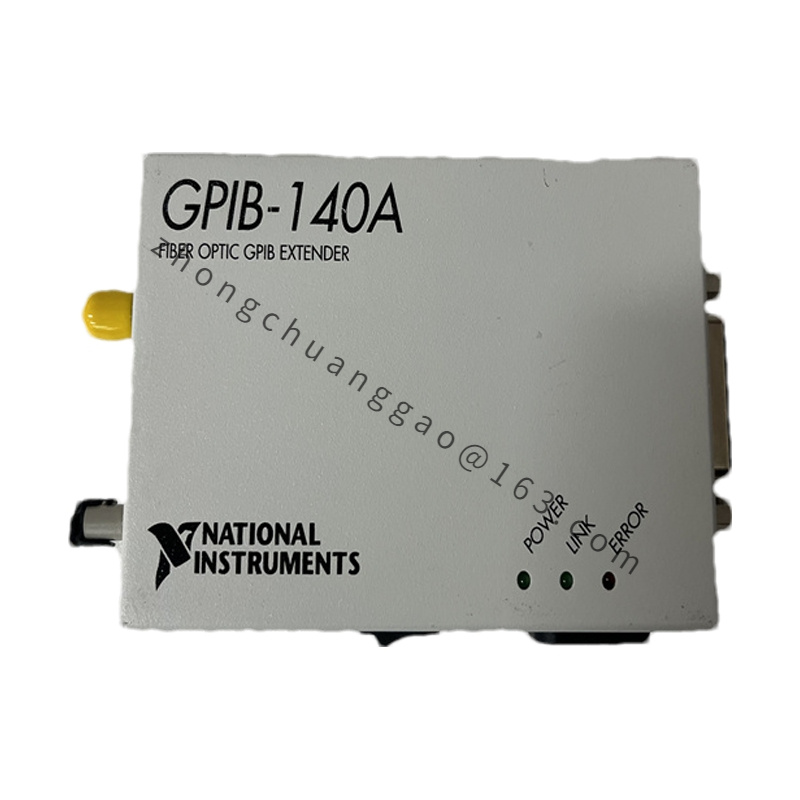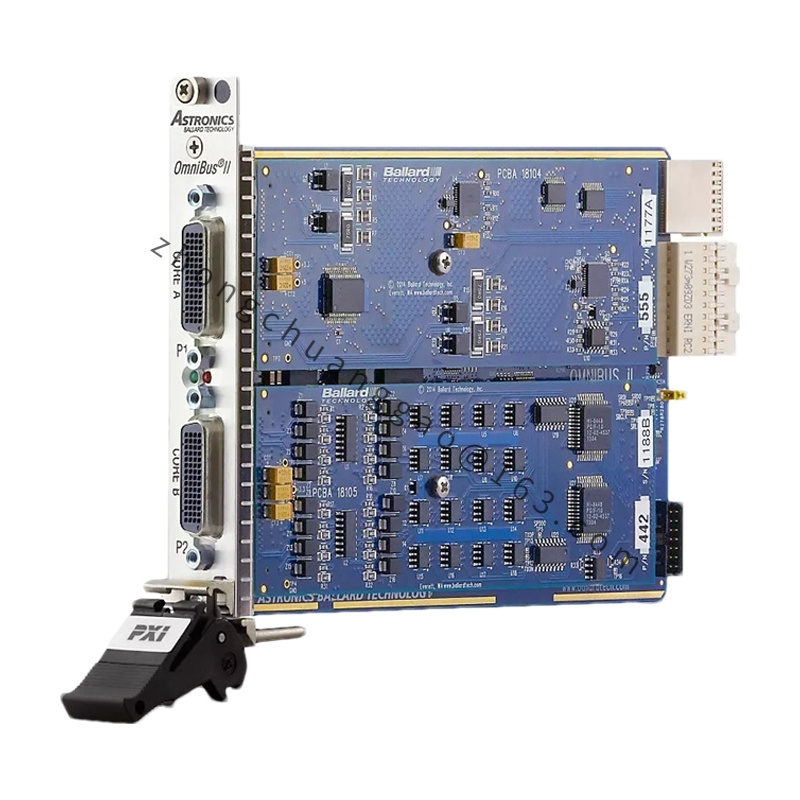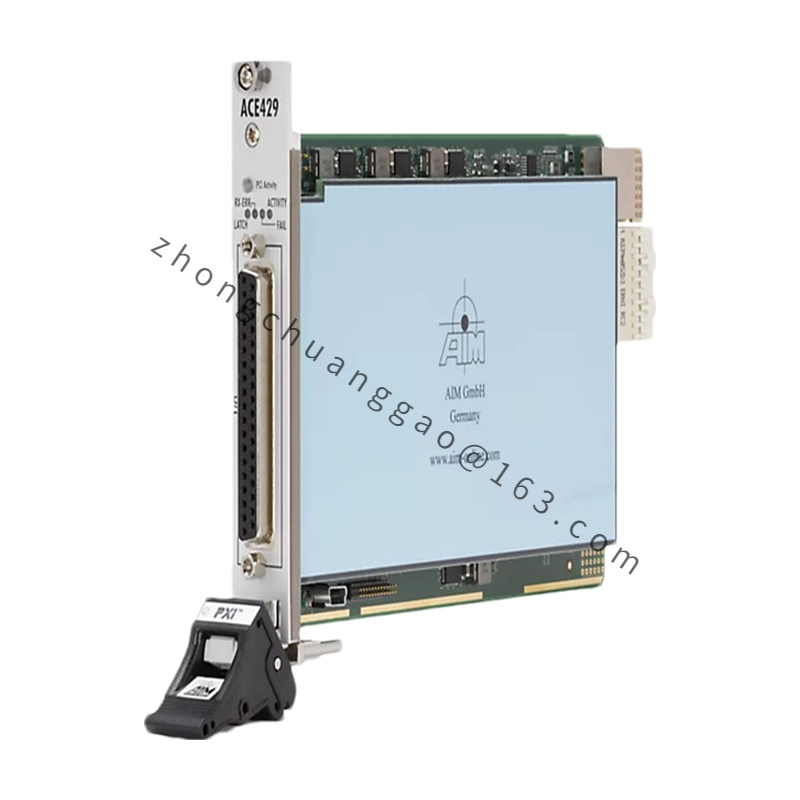Detailed content
Technical Specifications:
- Module Type: PXIe Relay Module
- Number of Channels:
- Channels: 128 (4 x 32 matrix)
- Relay Types:
- Relay Type: Electromechanical relays
- Configuration: Matrix relay switch with 4 rows and 32 columns
- Switching Characteristics:
- Switching Configuration: Crosspoint matrix
- Switching Speed: Typically < 1 ms
- Insulation Resistance: >10^9 ohms at 500 VDC
- Maximum Switching Voltage: 30 VDC
- Maximum Switching Current: 1 A
- Signal Characteristics:
- Bandwidth: DC to 1 GHz
- Insertion Loss: Typically < 1 dB at 1 GHz
- Return Loss: Typically > 20 dB at 1 GHz
- Power Requirements:
- Voltage: +3.3 V and +12 V from PXIe backplane
- Physical Dimensions:
- Size: Standard 3U PXIe form factor
- Operating Temperature:
- Temperature Range: 0°C to 55°C (32°F to 131°F)
- Storage Temperature:
- Storage Range: -40°C to 70°C (-40°F to 158°F)
- Relative Humidity:
- Humidity Range: 10% to 90% non-condensing
Functional Features:
- High-Density Switching: Provides 128 channels in a compact 3U PXIe form factor, enabling high-density switching applications and efficient signal routing.
- High-Frequency Performance: Capable of handling signals up to 1 GHz with low insertion loss and high return loss, making it suitable for RF and high-speed applications.
- Matrix Switching: Features a 4 x 32 matrix configuration, allowing for flexible and efficient switching of multiple signal paths.
- Precision Switching: Offers precise and reliable switching with high insulation resistance, ensuring minimal signal degradation and cross-talk.
- Scalability: The high channel count and modular design enable scalability for complex switching and routing requirements.
Application Scenarios:
- Automated Test Systems: Ideal for high-performance automated test systems that require precise and reliable signal switching for test and measurement.
- RF and Microwave Testing: Suitable for RF and microwave applications requiring high-frequency signal routing and switching.
- Communication Systems: Useful in communication systems for routing signals and managing connections between different components.
- Signal Routing: Effective for complex signal routing tasks in research, development, and production environments.
Additional Considerations:
- Driver and Software Support: Compatible with National Instruments’ software and drivers, including NI LabVIEW and NI MAX, for easy integration and configuration.
- Configuration and Control: Provides software tools for configuring and controlling relay switching, allowing for automated test sequences and precise control of signal paths.

